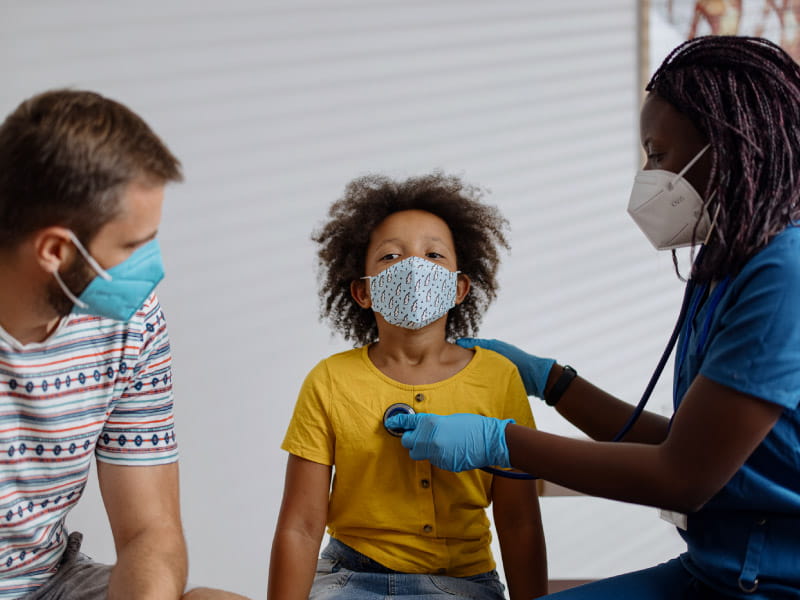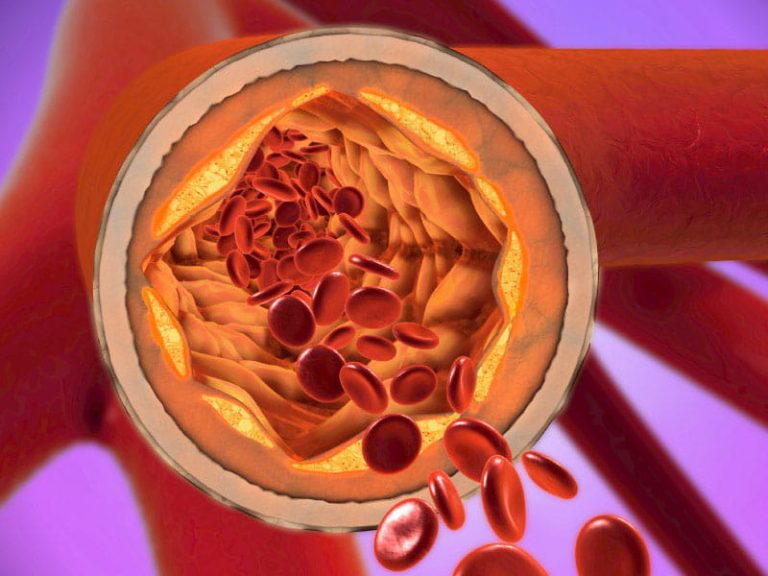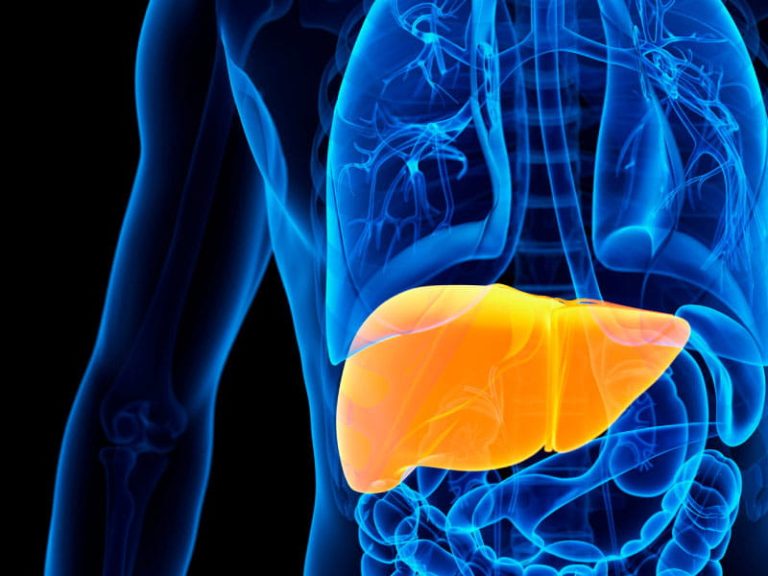What are long term effects in children after COVID?
Within the continually unfolding story of the pandemic, lengthy COVID – the persistent results that may comply with a SARS-CoV-2 an infection – is among the many tougher twists, one which researchers are simply starting to know in adults.
And in kids, it is perhaps a complete different story.
“It is a very troublesome assortment of signs, and not using a clear single therapy,” stated Dr. Sarah de Ferranti, a pediatric heart specialist at Boston Youngsters’s Hospital. “I feel it is notably troublesome for fogeys to assist their kids with this, as a result of it is exhausting to determine what signs are associated to COVID versus different diseases, and since lengthy COVID in youngsters is totally different from lengthy COVID in adults.”
Questions abound about lengthy COVID’s causes and the way widespread it’s, and oldsters want to concentrate on each bodily and psychological features. However clearly, it is “an actual entity,” stated Dr. Suchitra Rao, an infectious illness specialist at Youngsters’s Hospital Colorado in Aurora, and one thing that kids “will be fairly debilitated from.”
Lengthy COVID goes by a number of names. Researchers could check with it as post-acute sequelae of SARS-CoV-2, or PASC. The Facilities for Illness Management and Prevention makes use of “post-COVID circumstances” for the wide selection of well being penalties that may be current 4 or extra weeks after an infection. A World Well being Group definition adopted in February says “publish COVID-19 situation” in kids includes signs that started inside three months of COVID-19 and final not less than two months.
In response to the CDC, kids appear to be affected by post-COVID circumstances much less often than adults, however estimates differ broadly on how widespread the issue is.
What number of kids are affected by lengthy COVID?
“I’d say on common, we’re taking a look at someplace between 4% to 25% of children who’ve had a SARS-CoV-2 an infection go on to have signs of lengthy COVID,” stated Rao, who is also an affiliate professor on the College of Colorado Faculty of Drugs. Nevertheless, “it is a very troublesome query to reply, simply because totally different teams are exploring this in barely alternative ways, with totally different definitions.”
Rao led a examine printed final August in JAMA Pediatrics that used information from 659,286 kids throughout the U.S. Evaluating those that examined constructive for COVID-19 with those that didn’t, the examine put the speed of lengthy COVID at barely lower than 4%.
De Ferranti, who is also an affiliate professor of pediatrics at Harvard Medical Faculty, stated that is most likely an affordable quantity. Some research might need overestimated prevalence as a result of many kids develop lengthy COVID with out having had seen COVID-19 signs, she stated.
A variety of signs
Equally, lengthy COVID experiences differ from little one to little one, de Ferranti stated. “Some might need extra cardiac considerations, and others are extra neurologic or gastrointestinal.”
The American Academy of Pediatrics says lengthy COVID can embrace as much as 60 signs. And the record may not be the identical for youngsters and adults, Rao stated.
Each teams expertise complications, fatigue, “mind fog,” focus difficulties and lack of style and odor, she stated. “However we’re additionally seeing some extra distinctive options in youngsters.”
In her group’s work, pores and skin rashes, diarrhea, stomach ache and vomiting “appear to be just a little bit extra widespread in kids,” who additionally appear to get well extra shortly than adults. Older kids usually tend to develop postural orthostatic tachycardia syndrome, or POTS, which may trigger coronary heart palpitations and dizziness, she stated.
A uncommon situation known as multisystem inflammatory syndrome in kids, or MIS-C, that impacts a number of organs can comply with COVID-19. Researchers would take into account it a post-COVID situation, Rao stated, though it is also a definite sickness.
“I do assume that is a unique animal,” de Ferranti stated.
De Ferranti, who helped craft therapy steering on pediatric lengthy COVID and co-wrote a 2022 American Coronary heart Affiliation scientific assertion on cardiac results of the coronavirus in kids and younger adults, stated {that a} good variety of sufferers with lengthy COVID wouldn’t have prior issues that would appear to make them susceptible.
“These are typically wholesome youngsters who get a virus after which are experiencing a lot of fatigue, train intolerance or neurologic signs,” she stated.
Cardiac considerations
De Ferranti stated her sufferers have the identical signs, akin to chest ache or shortness of breath, that might have led dad and mom to hunt a heart specialist earlier than the COVID-19 period. Some are anxious about myocarditis, a uncommon coronary heart irritation that may comply with a COVID-19 an infection. (It could actually additionally comply with vaccination, however analysis has persistently proven the chance is increased from an infection.)
Such points will be severe, de Ferranti stated, however there’s not all the time a transparent reference to COVID-19. “Whereas youngsters could actually have cardiac signs like palpitations, I am not seeing an onslaught of recent, vital, scary coronary artery issues or arrhythmias or myocardial issues associated to COVID.”
Deconditioning, or weak spot from having been away from exercise, could also be an element for a few of the younger folks she sees, she stated. “Definitely after we ease of us again into exercise in an organized manner, they appear to get higher. However I do not assume that is the one issue. I do not assume they’re presenting as unwell as a result of they only have not been doing sufficient. There’s one thing happening right here that we have not absolutely described but.”
Psychological well being after COVID-19
Publish-COVID psychological well being points are “quite common,” the AAP says. And once more, many elements could also be at play.
“There has actually been an affiliation between sufferers getting COVID after which happening to having points with psychological well being, together with anxiousness and despair,” Rao stated. However it may be exhausting to tease out the trigger, “as a result of it is all occurring within the context of what came about through the pandemic,” together with college closures and social isolation.
Anxiousness, she stated, seems otherwise in kids than in adults. “Numerous youngsters that have been being seen in lengthy COVID clinics could be complaining of chest ache, however type of increased up of their chests – virtually like a throat ache, low neck, higher chest form of ache or tightness. And that could possibly be manifestation of hysteria.” Some had vocal wire issues, which additionally will be associated to anxiousness.
Bodily and psychological points can work together, which is why de Ferranti stated therapy for post-COVID circumstances ought to embrace an evaluation for psychological well being signs.
She and Rao agreed that the primary skilled a dad or mum ought to seek the advice of is their kid’s pediatrician.
“That is one thing that may current very broadly, and it is one thing that we’re studying extra about,” Rao stated. Beginning with a main care physician is “all the time a good suggestion to determine subsequent steps to rule out different issues that might not be associated to lengthy COVID.”
A household pediatrician additionally may help navigate the collection of specialists who can have a look at particular points and ensure everyone seems to be on the identical web page, de Ferranti stated.
Many giant well being care facilities have pediatric lengthy COVID clinics. De Ferranti stated the RECOVER analysis venture, supported by the Nationwide Institutes of Well being, can steer households towards medical trials finding out lengthy COVID.
For prevention, each docs agreed on the ability of vaccines. “Vaccinations are very efficient in stopping COVID infections and extreme COVID infections,” Rao stated. “In order that implies that straight, they can even scale back the chance of getting lengthy COVID.”
For these already grappling with the sickness, de Ferranti advises persistence and persistence as researchers search for solutions.
“Proper now, we’re nonetheless form of new within the recreation,” she stated. “We’re nonetheless studying.”







